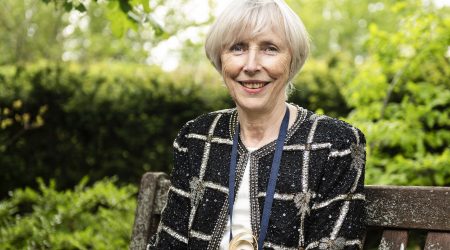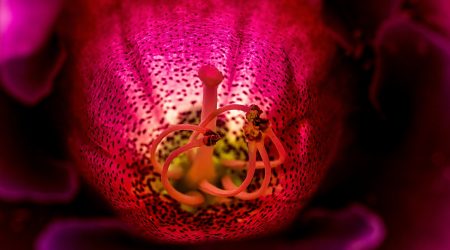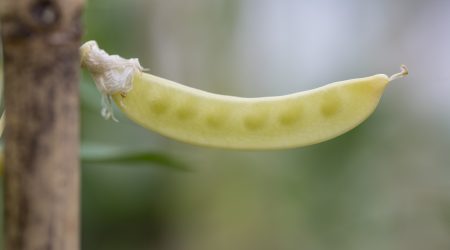Manager – Research Partnerships, Research and Development, Medicago Canada
Where do you work and what is your role?
I work at Medicago, a clinical-stage pharma company headquartered in Quebec City, Canada, with a manufacturing facility in Durham, US.
In my current role, I manage research partnerships for the company. I coordinate external scientific activities, including collaborative research in academic labs and co-development projects with Medicago’s industrial partners.
At Medicago, we believe that collaboration is key, be it on a service for which specialist skills are needed or a joint research programme that brings complementary expertise together.
What did you do at the John Innes Centre?
From autumn 2008 until the end of 2012, I was a graduate student in the lab of Professor George Lomonossoff, in the Biological Chemistry department.
As a student on the Rotation PhD programme I worked in molecular microbiology and biological chemistry labs. I submitted my thesis in September 2012 and was awarded my degree by the University of East Anglia in the summer of 2013.
My PhD thesis was titled: ‘Development of RNA-free virus-like particles of CPMV for applications in nanotechnology’.
What’s a regular day like?
Right now, 50% of my work time is spent in virtual meetings and calls, and the other 50% in writing reports, preparing for meetings and following up with stakeholders.
A lot of my interactions are with non-Medicago employees based in different time zones, so my day could start early and end super-late depending on the meetings planned. I love the flexibility, though.
In a previous role, in which I worked closely with lab-based staff, I had to be around a lot more – to respond to unprecedented lab challenges, for instance, or to take last-minute decisions on next steps for a time-sensitive experiment.
Now, I function mostly from my desk and not the lab bench.
What’s your favourite memory of the John Innes Centre?
Afternoon tea breaks in the Chatt atrium. I have fond memories of those times each day, when almost the whole department came together. Those few minutes of being out of the lab were so rejuvenating.
But it wasn’t just that. I learnt so much from those round-table discussions about anything and everything, from small lab tricks to high-level scientific ideas.
I used to love stopping by, just before setting up my overnight cultures or heading to the greenhouse for plant harvests or simply to end a long day of experiments that may or may not have worked.
Why did you choose to study at John Innes Centre?
Easy – the John Innes Centre is THE place to be for microbial research.
During my undergraduate degree at the University of Sussex, I worked on the soil bacterium Streptomyces coelicolor and every paper I read, every protocol I accessed, every bioinformatics tool I used, had its roots at the John Innes Centre.
When I was finishing my final year as an undergraduate, I looked up PhD programmes being offered at the John Innes Centre and liked the idea of a rotation scheme.
Another thing that tilted the scales in favour was the fact that it is a research institute with no obligation to teach undergraduate courses or mark exams. The focus is simply on high-quality research.
The John Innes Centre treats everyone with a lot of respect. It did not matter that I was just a 21-year-old, naive undergraduate with limited research experience when I started. I was accepted in the family with open arms.
To help students succeed in their research, the John Innes Centre has dedicated lab support teams, such as the media kitchen, the horticulture staff, the facilities manager.
I like that a student, a senior scientist and a high-profile project leader can all sit across from each other to brainstorm ideas or just have a laugh.
Do you have any advice for current students?
Take opportunities to network with others in your field, attend webinars and conferences, and don’t be shy to present ideas.
There is so much to learn from, all around you. Go for a coffee with a colleague, and attend social gatherings if and when possible.
A PhD comes with a heavy workload and the tendency of any dedicated student is to bury yourself in the lab. Work hard, for sure, but party hard, too.
What were the key skills you learned at the John Innes Centre?
- Scientific expertise
- Communication
- Organisation
- Troubleshooting
- Dealing with setbacks in research





